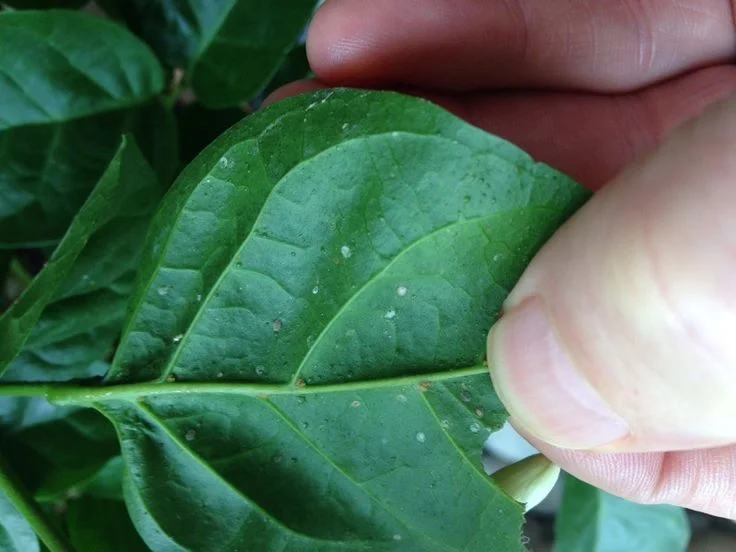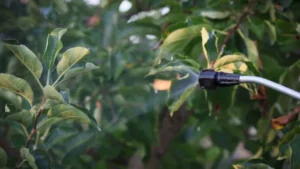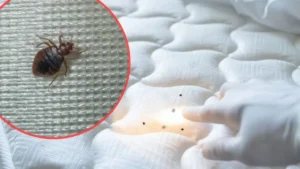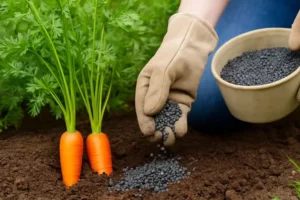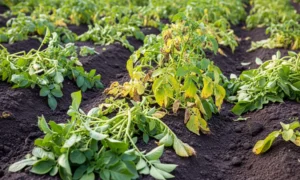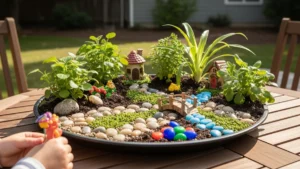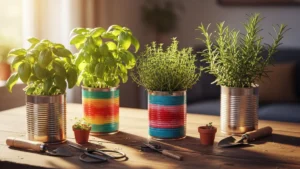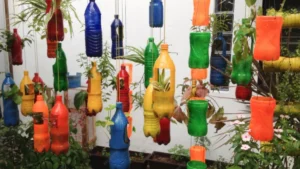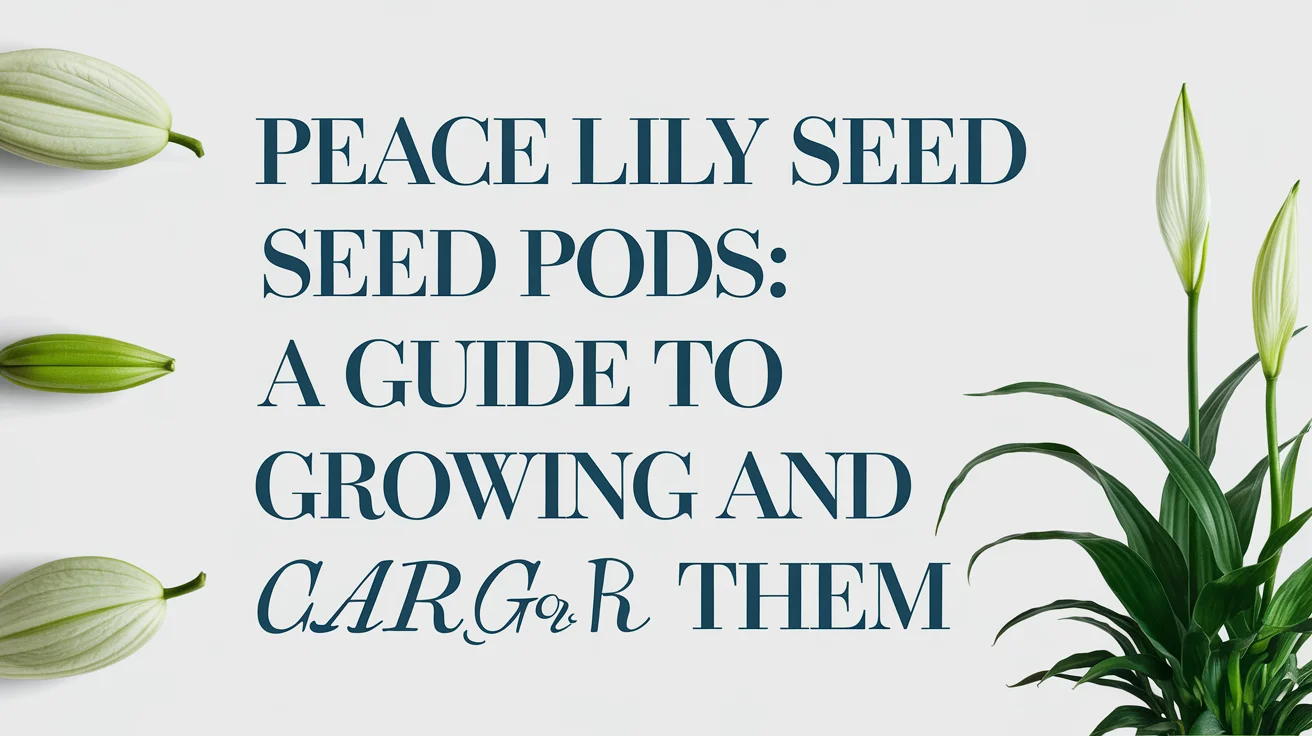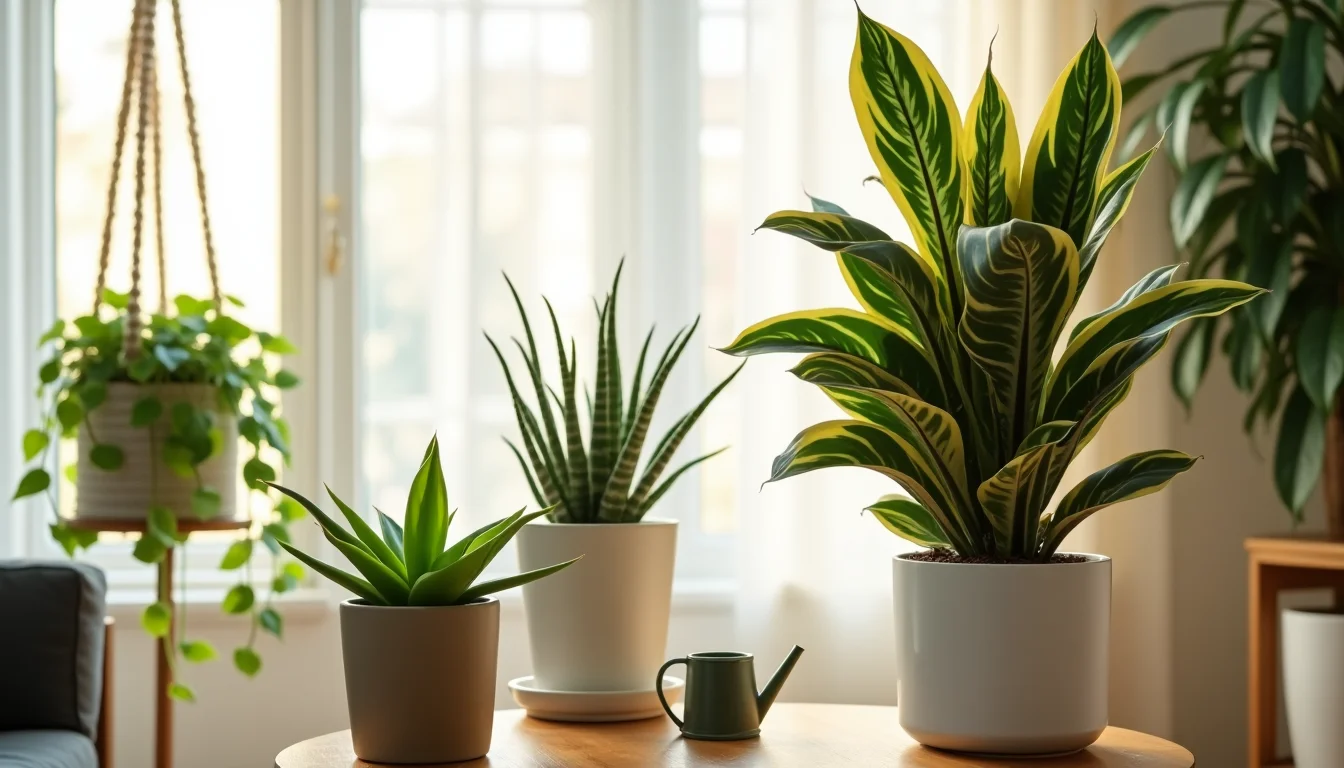If you are a plant lover or gardener, you may have already come across scale plant issues. Scale insects are small pests that attach themselves to plant leaves, stems, and branches, causing severe damage if left untreated. Because they blend so well with plant surfaces, they often go unnoticed until the damage becomes significant.
In this guide, we will discuss how to identify scale plant infestations, explore both natural and chemical treatment methods, and provide practical prevention strategies. By the end, you will have a complete understanding of how to protect your plants from these harmful pests.
What Is a Scale Plant Problem?
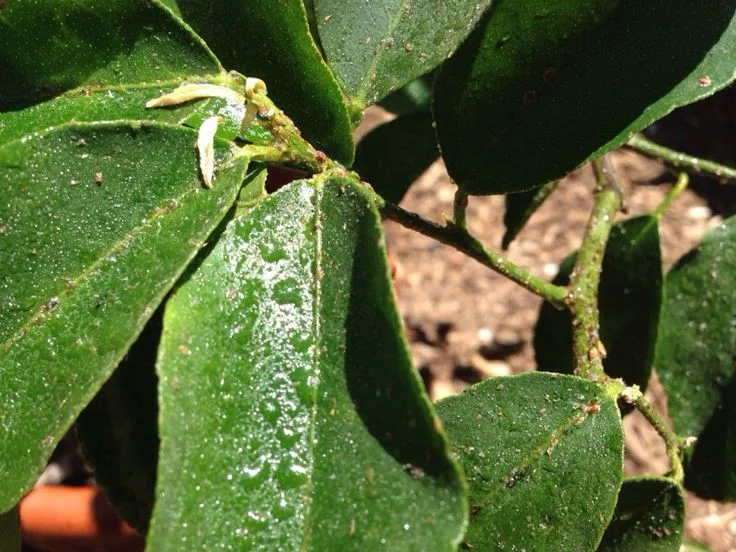
Scale plant infestations occur when scale insects, which are sap-sucking pests, attack plants. Unlike other insects, scale bugs do not move around much once they attach to the plant. Instead, they feed continuously on the sap, weakening the plant and causing slow growth.
Additionally, heavy infestations can lead to yellow leaves, stunted growth, and even plant death if ignored. Some species of scale insects also secrete honeydew, which attracts ants and promotes mold growth.
Types of Scale Insects
To manage a scale plant problem effectively, it is important to understand the two main types of scale insects:
1. Soft Scale
Soft scale insects secrete honeydew, making them easier to spot. They appear rounded, often resembling small bumps on leaves or stems.
2. Armored Scale
Armored scales have a tough outer shell, which makes them more difficult to control. They do not produce honeydew and are usually flatter in appearance.
Both types harm plants, but recognizing the difference helps in choosing the right treatment method.
How to Identify Scale Plant Infestations
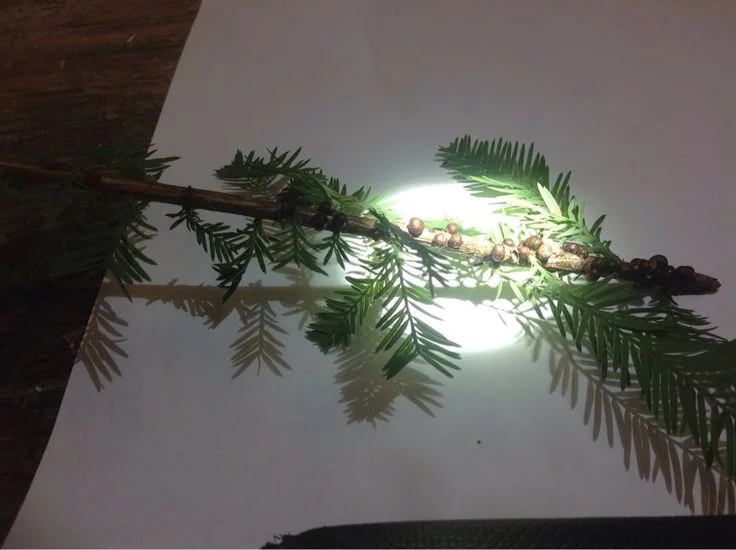
Recognizing a scale plant problem early is essential. Look out for these signs:
-
Small, round bumps on stems and leaves.
-
Yellowing or curling leaves.
-
Sticky surfaces caused by honeydew.
-
Presence of ants around the plant.
-
Slow or stunted growth.
Because scale insects attach themselves firmly, they may look like part of the plant, which often confuses new gardeners.
Treatment Options for Scale Plant Problems
1. Manual Removal
If the infestation is small, you can scrape the insects off with your fingernail, a toothbrush, or a cotton swab dipped in rubbing alcohol.
2. Horticultural Oils
Applying horticultural oils suffocates scale insects. This method is effective against both soft and armored scales. Make sure to spray thoroughly, covering both sides of leaves.
3. Insecticidal Soap
Insecticidal soap is an eco-friendly option that kills scale insects without harming beneficial insects. Regular application is necessary for best results.
4. Natural Predators
Ladybugs, lacewings, and parasitic wasps feed on scale insects. Encouraging these natural predators in your garden helps reduce infestations naturally.
5. Systemic Insecticides
For severe cases, systemic insecticides can be used. These chemicals are absorbed by the plant, killing pests when they feed on its sap. However, use them cautiously to avoid harming pollinators. If you notice symptoms like yellowing leaves, which may also signal other issues beyond pests, you can learn more in this detailed guide on why peace lily leaves turn yellow.
Natural Remedies for Scale Plant Control
Many gardeners prefer organic solutions to protect their plants. Here are some natural remedies:
-
Neem Oil: Effective in smothering insects while also preventing new infestations.
-
Rubbing Alcohol: Dabbing infected areas with alcohol kills scales instantly.
-
Pruning: Cutting off heavily infested branches prevents the spread to other parts of the plant.
-
Water Spray: A strong jet of water can dislodge some scale insects, especially in the early stages.
Preventing Scale Plant Infestations
While treatment is important, prevention is always better. Here are some prevention strategies:
-
Regularly inspect plants for signs of pests.
-
Avoid over-fertilizing, as new soft growth attracts scales.
-
Keep plants healthy with proper watering and sunlight.
-
Quarantine new plants before adding them to your garden.
-
Use sticky traps to monitor pest activity.
By following these steps, you can keep your garden thriving and pest-free.
Impact of Scale Plant Infestations
Ignoring a scale plant infestation can result in long-term consequences:
-
Reduced flowering and fruiting.
-
Permanent leaf damage.
-
Increased risk of fungal infections due to honeydew.
-
Overall decline in plant health.
Therefore, addressing the issue early helps save time, effort, and money in the long run.
Best Plants at Risk of Scale Infestation
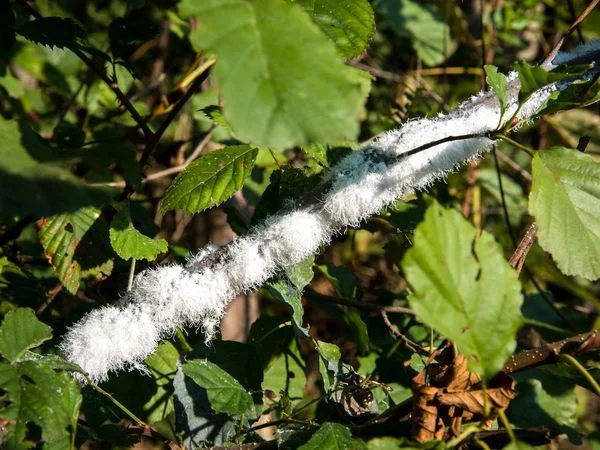
Some plants are more prone to scale infestations, including:
-
Citrus trees
-
Orchids
-
Roses
-
Indoor succulents
-
Hibiscus
Knowing which plants are most vulnerable allows you to take preventive action sooner.
For more detailed insights into plant pest management, you can explore University of California’s Integrated Pest Management guide. It offers in-depth research-based information on dealing with common garden pests.
FAQs
What causes scale plant infestations?
Scale plant problems are caused by sap-sucking insects attaching themselves to plants. They thrive in warm, humid conditions and often spread from one plant to another when not controlled.
Are scale insects harmful to humans?
No, scale insects are not harmful to humans. However, they severely damage plants by draining their sap.
Can scale insects kill a plant?
Yes, if left untreated, scale insects can weaken plants, leading to stunted growth and, in severe cases, plant death.
What is the fastest way to get rid of scale on plants?
The fastest way is manual removal combined with rubbing alcohol or horticultural oil sprays. For severe infestations, systemic insecticides may be necessary.
How do I prevent scale insects indoors?
Maintain proper air circulation, avoid overwatering, and inspect houseplants regularly. Isolating new plants before bringing them indoors also prevents infestations.
Conclusion
Managing a scale plant problem requires early identification, consistent treatment, and effective prevention strategies. Moreover, natural remedies combined with chemical treatments give you flexible options to suit your garden’s needs. However, ignoring early signs may lead to severe damage. In fact, even a small infestation can spread quickly if left untreated.
Therefore, it is crucial to act as soon as you notice any symptoms. For example, pruning affected branches immediately can stop the spread. Similarly, using neem oil regularly ensures long-term protection.
To dive deeper into detailed methods, you can check this guide on scale bugs on plants, which explains effective ways to manage infestations. Finally, by staying proactive and applying the methods discussed, your plants will remain healthy, vibrant, and free from harmful scale insects.
Meanwhile, encouraging natural predators like ladybugs helps reduce the insect population organically. Consequently, your plants gain better chances of recovery. Finally, by staying proactive and applying the methods discussed, your plants will remain healthy, vibrant, and free from harmful scale insects.

